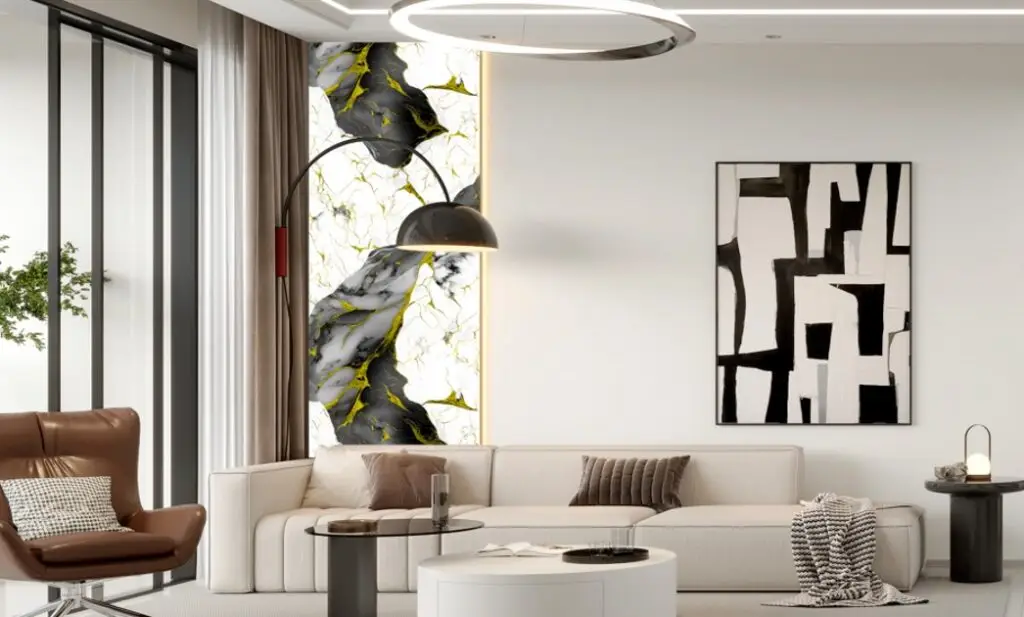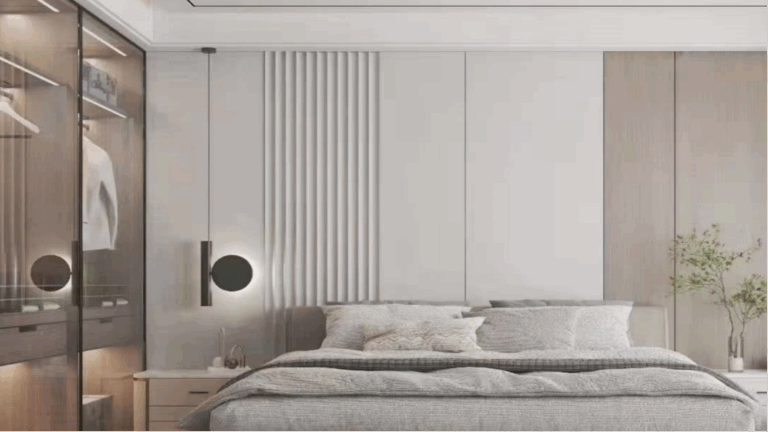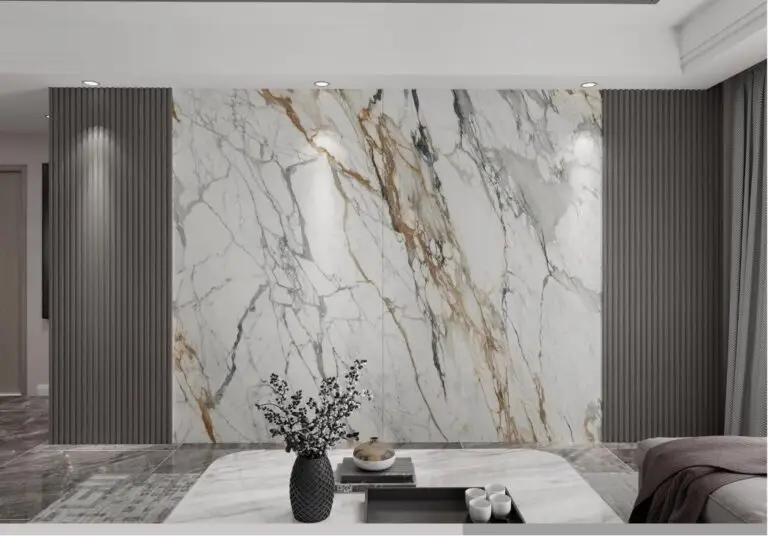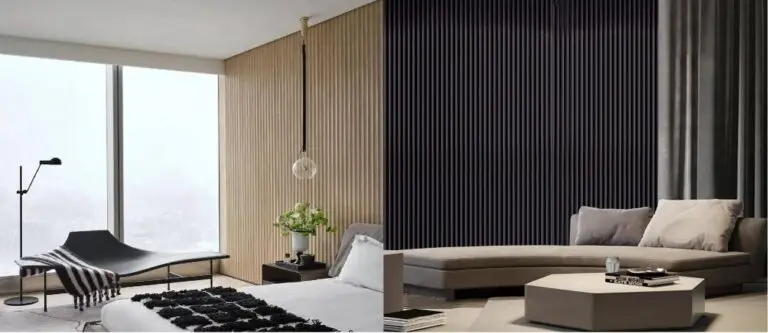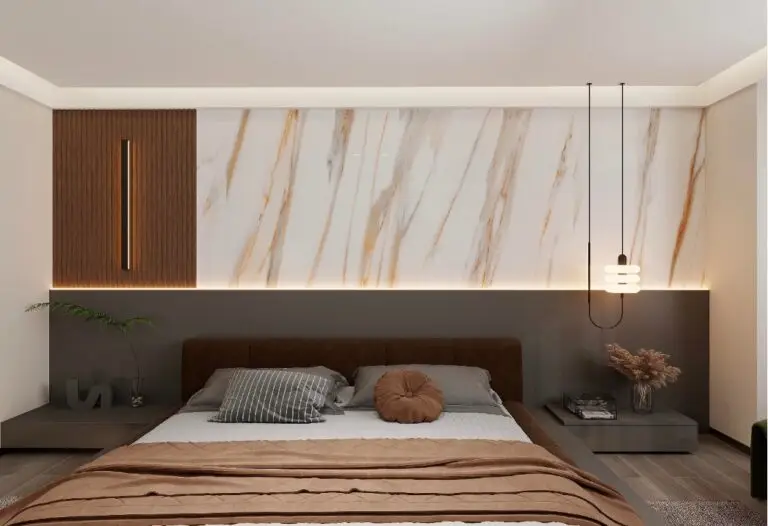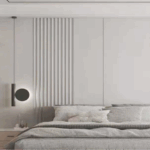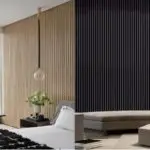The integration of Industry 4.0 technologies into UV marble board manufacturing has revolutionized production processes, combining automation, precision, and customization. Below is a detailed analysis of key innovations driving this transformation:
- Automated Cutting and Precision Machining
Modern UV marble board production lines utilize automated CNC machine tools to achieve millimeter-level precision in cutting, stamping, and bending. These systems replace traditional manual operations, reducing dimensional deviations and enabling complex shape processing. For example, laser all-in-one machines perform non-contact, deformation-free fine processing for seam welding and edge finishing.
– Efficiency Gains: Real-time data from IoT sensors optimizes cutting paths and minimizes material waste.
– Customization: Flexible production systems allow rapid switching between standardized and personalized designs, meeting diverse market demands.
- Intelligent Temperature Control Systems
Precision temperature management is critical for UV marble board quality. Advanced extruders integrate cast aluminum heating rings, fan cooling, and AI-driven thermal regulation to maintain uniform conditions during processes like foaming and extrusion.
– Foaming Process: Automated systems monitor raw material ratios, temperature, and filling speed to ensure insulation layers are dense and free from defects like cavitation.
– Extrusion Stability: Temperature-controlled barrels (using European-designed screws and barrels) ensure stable plasticization and high output (e.g., 700–800 kg/h for PVC sheets).
- High-Efficiency Extrusion Technology
The core of UV marble board production lies in twin-screw extrusion systems, which combine deep screw channel designs and full intermeshing engagement for uniform material flow.
– Key Features:
– Material Optimization: Screws made of 38CrMoAlA alloy (nitrided for durability) enable energy-efficient processing of PVC microlite, achieving outputs up to 650 kg/h.
– Energy Savings: Intelligent scheduling reduces energy consumption by 20–30%, aligning with green manufacturing goals.
- Integration of Industry 4.0 Technologies
UV marble board factories exemplify smart manufacturing ecosystems through:
– Digital Twins: Real-time data from sensors and PLC systems (e.g., Siemens controls) enable predictive maintenance, reducing downtime by 40%.
– Networked Production: Seamless coordination between extrusion, calendering, cooling, and cutting stages creates a synchronized workflow, enhancing traceability and quality control.
– 3D Printing Synergy: While UV board production primarily relies on extrusion, additive manufacturing (3D printing) supports rapid prototyping of molds and custom surface textures.
- Customization and Sustainability
Industry 4.0 enables mass customization without sacrificing efficiency:
– On-Demand Production: AI algorithms analyze consumer preferences to adjust patterns, thickness, and gloss levels in real time.
– Eco-Friendly Practices: Reduced scrap rates (via precise cutting) and recyclable materials align with circular economy principles.
Conclusion
The UV marble board industry epitomizes the convergence of automation, IoT, and AI under Industry 4.0. By leveraging technologies like intelligent temperature control, high-precision extrusion, and data-driven workflows, manufacturers achieve unprecedented efficiency, customization, and sustainability. This revolution not only elevates product quality but also redefines the role of human expertise in supervising and optimizing smart factories.
For further details on specific machinery or technical parameters, refer to the extrusion line descriptions in .

